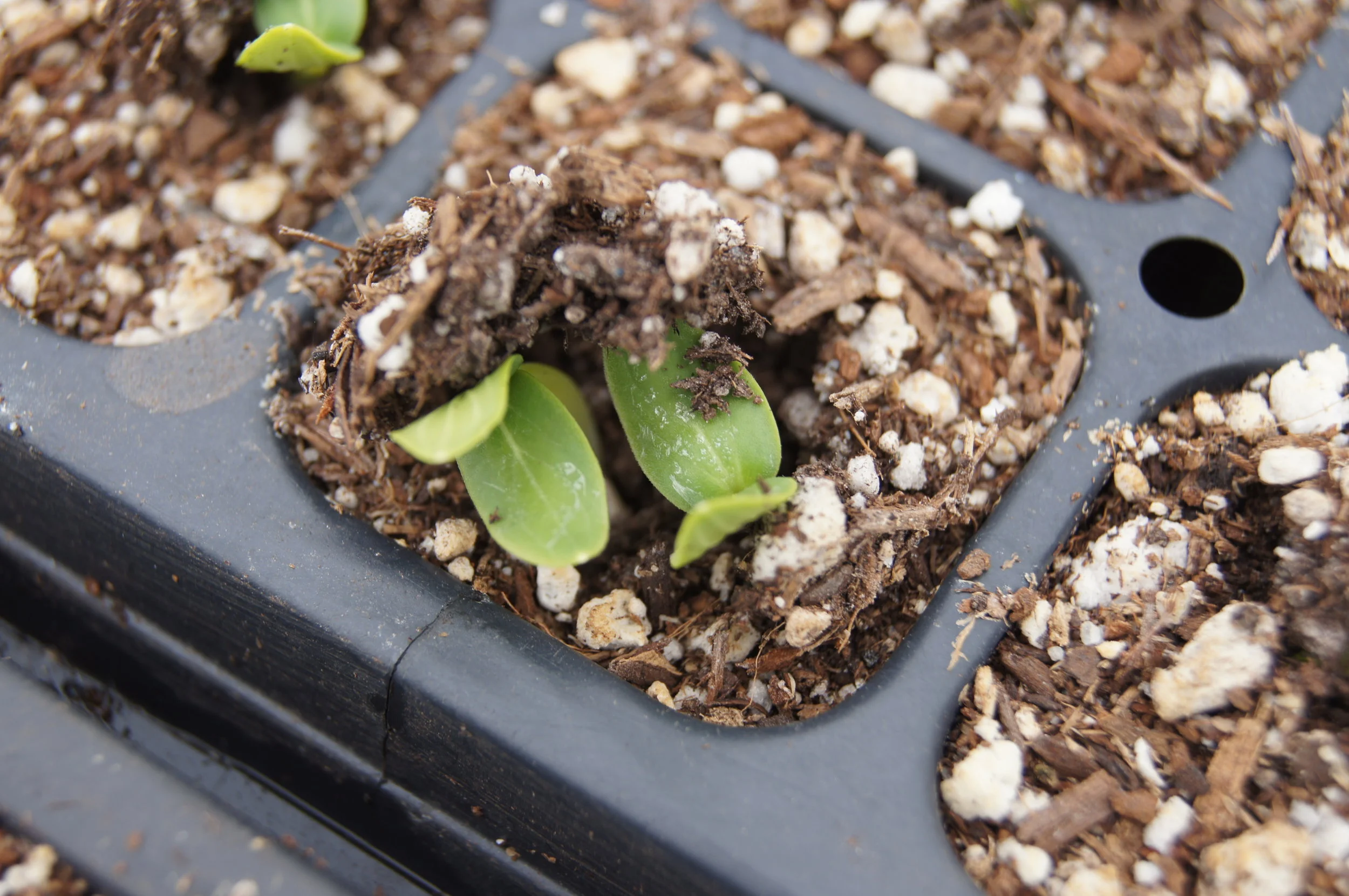As some of you may have noticed, it’s wet out there. Soil preparation is getting pushed back, as are planting dates. That means a little bit of lost revenue and a more hectic spring, as the same amount of work will happen in a smaller window. But I’m relieved.
There is so much that will be new in 2017, and we are behind. The extra time from this wet March is just what we need. It gives me more shop time, where I’m modifying old equipment and fabricating new equipment as we continue to transition from using tractors to horses. Adam has been designing and building a new compost system. It will improve our ability to make large amounts of weed free, microbiologically active compost- the biological backbone of our operation. Normally, he’d be getting the animals out of the barn and onto grass now, but he just left for Montana where he is shopping for a new team of horses (and skiing). Matt is, well it’s hard to keep track of him as he has the uncanny ability to fit so many things into his day (although, today he begins a ritualistic break from coffee, so perhaps that will change). He’s been pruning the orchard, organizing tools, cleaning the deep dark unknown realms of the farm, redesigning our field irrigation system, and installing a bunch of water lines for the greenhouses: setting the precedent for a season that will be organized, tidy, and appropriately caffeinated. Anna is the queen of the plants. She is everyday in the greenhouse beginning what will soon be food for thousands of people. That is on schedule, as it must be, for all we can do is count on warmer and drier weather patterns. With the extra time she is working to organize our season’s goals and to make sure our plan keeps us on task: channeling our idealism into a viable economic pursuit. Elizabeth is working to build our 1st full season Farmshare program. And with her typical incisive confidence, she takes on the rather large goal of getting 150 Farmshare members. This is an exciting, but tough task.
As our new compost system will represent the biological foundation for the farm’s success, we hope the Farmshare will soon be the farm’s economic foundation: a group of loyal and committed customers who believe in what we are doing and the value of the product we produce. Believing that good farming practices are a requisite for ecological health, and soil health is tantamount to human health, farming the way we do is not our most economical option. But we are committed to a paradigm shift, one that prioritizes health, beauty, and the future over short-term economics. The Farmshare is our attempt to cast a net of support for these efforts.
The Farmshare, the new compost system, the improved organizational structures, the pack shed extension, the new equipment shed, more horses, improved equipment, new farmers, the list goes on. The one new thing that is drumming up the most support across the farm, is an effort to implement a minimum-tillage experiment. We’ve applied for multiple grants over the last couple weeks to help us implement this system and track its effects on soil biology. Again, too much to fit into a newsletter, I must cut it short. The gist is that we are finding the soil food web more complex and fragile than we ever thought possible. This discovery, and the corresponding evidence that a properly functioning soil ecosystem produces and retains nutrients that are crucial to healthy plants, is starting to inspire some gardeners and farmers to improve the way they farm. Exciting stuff, so what’s another little side project?
– Noah

